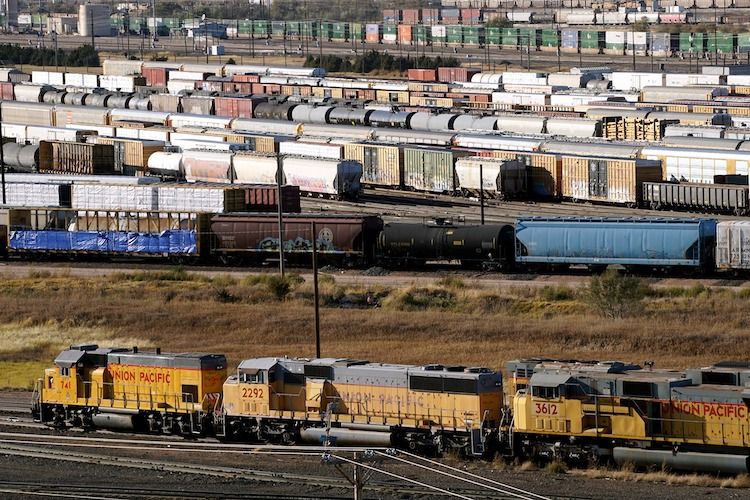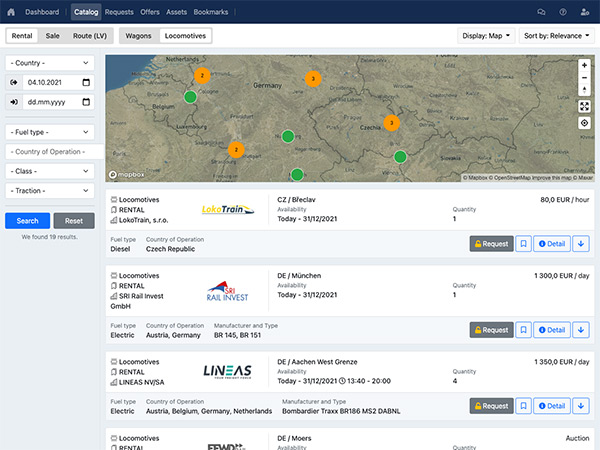Last week, US President Joe Biden signed a measure to avert the first nationwide strike by rail workers in 30 years. Biden warned of the catastrophic impact of the rail stoppage that could begin as early as 9 December and, according to some estimates, could cost the US economy around $2 billion a day. Ultimately, a rail strike could freeze almost 30% of US cargo shipments by weight, stoke already rapidly rising inflation, and cause widespread job losses. Rail companies could stop shipping critical materials such as fuel, pharmaceuticals, or chemicals to clean drinking water. It also would disrupt commuter rail service for up to seven million passengers a day.
The US Senate on Thursday overwhelmingly approved the legislation, which imposes a contract deal on a dozen unions representing railway workers. The Senate vote was conducted on an expedited schedule, with lawmakers agreeing to vote on the issue three times in a row - once on the bill and twice on proposed amendments. The measure was passed the day after the House of Representatives approved it.
“We appreciate and support President Biden’s request for quick Congressional action to end the threat of a freight rail shutdown. A shutdown would affect Amtrak’s service across the nation, and we implore Congress to take action well before the December 9 deadline to minimize impacts to Amtrak service,” commented Stephen Gardner, CEO of the US national passenger railroad company Amtrak.
The passed bill will implement pre-negotiated agreements with the railroad workers' unions that include a 24% pay increase and $5,000 bonuses stretched over a series of annual payments. Employees would also be required to pay a larger portion of the cost of health insurance, but premiums would be capped at 15%.
Senator Bernie Sanders opposed the fast-tracked proposal and wanted a roll call vote on an amendment that would guarantee seven paid sick days for rail workers. Paid sick leave became a contentious issue during previous negotiations, with the unions arguing that the profitable railroad companies could afford them with minimal impact.
“The Senate acted with leadership and urgency with today’s vote to avert an economically devastating rail work stoppage,” said Ian Jefferies, President and CEO of The Association of American Railroads (AAR). “As we close out this long, challenging process, none of the parties achieved everything they advocated for. The product of these agreements is a compromise by nature, but the result is one of substantial gains for rail employees. More broadly, all rail stakeholders and the economy writ large now have certainty about the path forward.”

